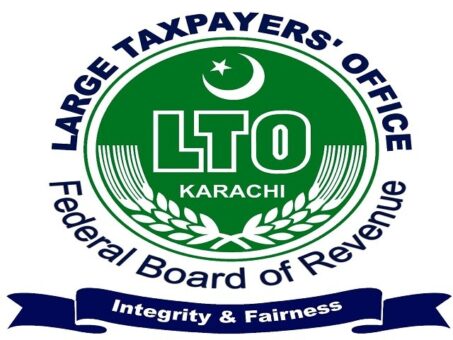The Federal Board of Revenue (FBR) has taken stringent measures to recover outstanding dues by attaching the bank accounts of the Sui Southern Gas Company Limited (SSGC) amounting to Rs23 billion.
The Large Taxpayers Office (LTO) Karachi, acting as the principal revenue collection arm of the FBR, has executed the freezing of SSGC’s bank accounts in response to their default on a sales tax account.
The freeze on the gas utility company’s bank accounts is a consequence of their failure to clear outstanding sales tax dues, which have now accumulated to a substantial Rs23 billion. The FBR, through the tax office, has affirmed that it has successfully recovered a partial amount of Rs31 million thus far.
The Commissioner Inland Revenue (Appeals) has independently verified the default amount, solidifying the basis for the FBR’s decisive action against SSGC. The freezing of bank accounts is a legal recourse employed by the Enforcement Zone-II of the LTO Karachi, under section 48 of the Sales Tax Act, 1990.
The enforcement action underscores the FBR’s commitment to ensuring tax compliance and revenue collection from large entities operating in various sectors. SSGC, as a major player in the energy and utility sector, is expected to meet its tax obligations to contribute to the national exchequer.
The recovery initiative also aligns with the broader government efforts to enhance revenue collection, especially in light of the economic challenges faced by the country. The FBR, being the primary revenue collection agency, is employing various means to address outstanding dues and reinforce fiscal discipline.
While the freezing of bank accounts is a stern measure, it is often a last resort taken by tax authorities to ensure compliance with tax regulations. The FBR, however, has expressed its willingness to work with entities to facilitate the resolution of outstanding issues and prevent such drastic actions.
The move has stirred discussions within the business community about the importance of timely tax compliance and the potential consequences for defaulting on tax payments. It also highlights the need for businesses to manage their financial affairs responsibly and adhere to tax regulations to avoid disruptions in their operations.
The FBR’s action against SSGC serves as a reminder to all businesses, particularly large corporations, to remain vigilant about their tax obligations and prioritize timely payments. In a rapidly changing economic landscape, compliance with tax laws is essential not only for the sustainability of individual businesses but also for the overall economic health of the country.
As the situation unfolds, stakeholders will be closely watching how both the FBR and SSGC navigate the path towards resolving the outstanding dues. The outcome will likely set precedents for future interactions between tax authorities and large corporations, shaping the dynamics of tax compliance and enforcement in the country.
